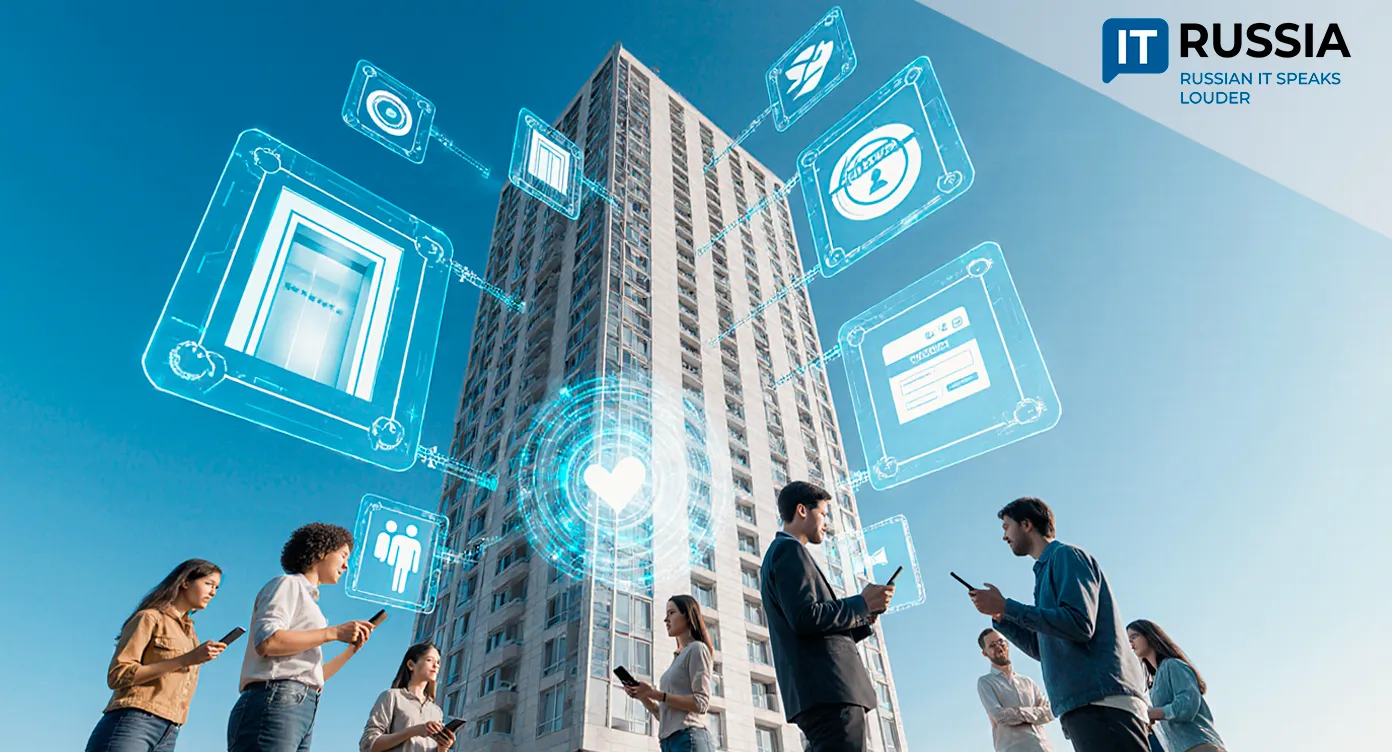Moscow’s 'Electronic House' Platform Is Transforming Urban Utilities

From a broken lightbulb to a malfunctioning elevator, Moscow residents now resolve more than 250 everyday housing issues through a single digital platform. In just four years, 'Electronic House' has become indispensable, covering 99% of the city’s apartment buildings and processing over 190,000 requests in the first half of 2025 alone.
How It Works: From Request to Resolution
Access is open to anyone registered through the city’s government portal mos.ru. Users select from more than 250 service categories—ranging from stairwell cleaning to elevator repairs—via website or mobile app. The system automatically displays neighbors’ active requests to avoid duplication.
Each request card shows the responsible party and task status. Once the issue is marked resolved, the resident confirms completion. If the problem persists, an automated alert is sent to oversight authorities.
Even homeowners’ meetings can be organized in minutes, covering topics from barrier gate installation to property management contracts or major renovations. Outcomes are signed with electronic signatures and forwarded to government agencies.

For example, residents in the Zyuzino district used the platform to replace an underperforming management company, form a homeowners’ association, and repair their roof. “It is impossible to falsify online voting—transparency is total,” emphasized Alexey Cherkasov, HOA chairman.
Residents and long-term tenants can also grant guest access to relatives or friends.
AI, Scaling, and Risks
Future plans include deploying AI for predictive maintenance, such as forecasting elevator breakdowns based on service history, as well as applying large data sets across other 'smart city' systems.
Moscow’s experience offers a template for other Russian regions, particularly medium and large cities. Still, challenges exist: a surge in requests could overwhelm management companies lacking automated internal systems, and older residents may struggle with mastering the digital tools.

From Resident Polls to Full-Scale Platform
2018–2019: The pilot started as a module within 'Active Citizen,' enabling tenant surveys. In 2019, Moscow’s crowdsourcing platform gathered 2,000 citizen proposals, of which 342 were implemented—laying the groundwork for a standalone platform.
2020: A legal breakthrough. After the adoption of Federal Law No. 156 in May 2020, online homeowners’ meetings gained full legal status without requiring prior in-person votes. By November 2020, the upgraded platform launched with full functionality, including voting, utilities payments, and neighbor chat features.
2023–2025: Mass adoption and gamification. By this stage, 99% of Moscow’s apartment buildings were connected. A points system was introduced: 500 points for initiating a meeting and 1,000 for administering one. These bonuses can be exchanged for services or charitable donations through the 'Million Prizes' program.

Toward a Unified Digital Ecosystem
Providing digital access to socially significant services aligns with Russia’s national 'Data Economy and State Digital Transformation' initiative. 'Electronic House' is part of Moscow’s regional 'Digital Public Administration' project.
The system may eventually integrate with platforms such as 'Our City,' designed to streamline communication between residents and municipal authorities. Moscow’s model will be adapted for other cities nationwide.
'Electronic House' is shifting urban housing services from bureaucracy to customer service. Residents gain direct control over their buildings, while the city gains real-time monitoring tools. Moscow’s success sets a standard for the rest of Russia, where utility digitalization is just beginning to accelerate.









































